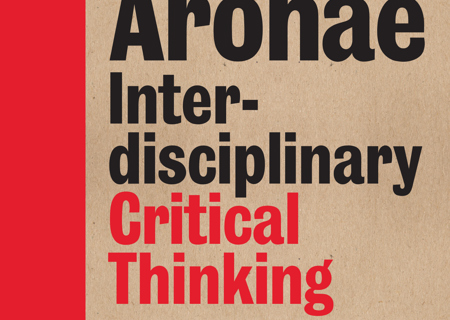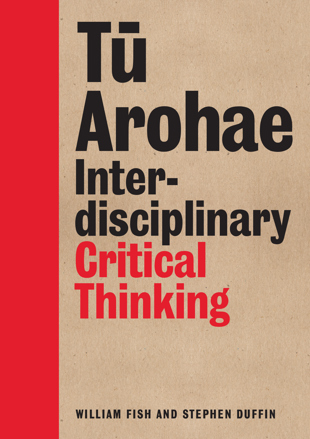1. What is critical thinking?
Critical thinking seems to mean something different to lots of people. I take it to be a careful and detailed analysis and evaluation of an argument. There is a creative dimension, too. We employ critical thinking not only in evaluating the reasoning presented by others, but also in developing our own reasoning. For me, at least, another important element is being aware of various quirks in the way humans think that can impact upon how people respond to reasoning in ways that go beyond what is traditionally thought of as ‘rational’.
2. It goes further than mere scepticism, right?
Scepticism is to doubt the truth, whereas critical thinking assists us in determining the truth. A healthy dose of scepticism – understood as a willingness to question, rather than blindly accept, what you are told – is helpful, but is only part of the story.
3. Is it needed more than ever?
When we look around the world today we see issues about global warming, wars, threats of wars, poverty, famines, genocide. Some careful analysis of our situation is required. If we don’t think critically we end up with lunatics in positions of power. They win the masses over with charisma and propaganda rather than good reasoning based on well-founded claims.
4. Is this why you decided to write a book about it?
We note that most people are not taught how to think critically in a formal way, rather relying on gut instinct when they have to make decisions. This is problematic when we live in a world where we are bombarded with arguments from advertisers, politicians etc. We wanted to show a way, for those not familiar with CT, to sift through the spin and this book provides a way to do that.
5. Can you explain the title – Tū Arohae?
My understanding is that ‘tū arohae’ is a rending or pulling apart of thought or reason. That seemed to represent the type of thing that we do in critical thinking. We pull apart arguments to see if they are good (persuasive) or not.
6. Once one has the tools to think critically, is it a liberating thing?
We think so. Many students that we have taught over the years have expressed that it changes the way they think about the world, and this can be liberating. Although you tend to get asked to fewer parties.
7. One supposes you had to exercise some critical thinking yourselves as you worked on the book and considered its value?
We constantly reviewed our work and had discussions about the best way to approach something – using critical thinking, of course. Staying open to new ideas and new ways of looking at things was also really important, and helped make the book much better.
8. When’s the best time of day for each of you for writing?
Steve: Mornings are my most productive time.
Bill: I’m pretty good most of the day, but have to stop by about 7 pm, or my mind is too busy to sleep.
9. Does it come easily or do you have to call on wells of self-discipline?
We had a fairly clear idea of what we wanted to achieve with this book, so it was relatively straightforward as long as Bill had lots of coffee.
10. What are you each reading at the moment, for work and for pleasure?
Steve: For work I’m reading Religious Language by Peter Donovan. For pleasure I’ve just finished Colorless Tsukuru Tazaki and His Years of Pilgrimage by Haruki Murakami.
Bill: For work I’m currently working through Wayne Wu’s excellent book Attention, and to wind down I’m enjoying Americanah by Chimamanda Ngozi Adichie.


